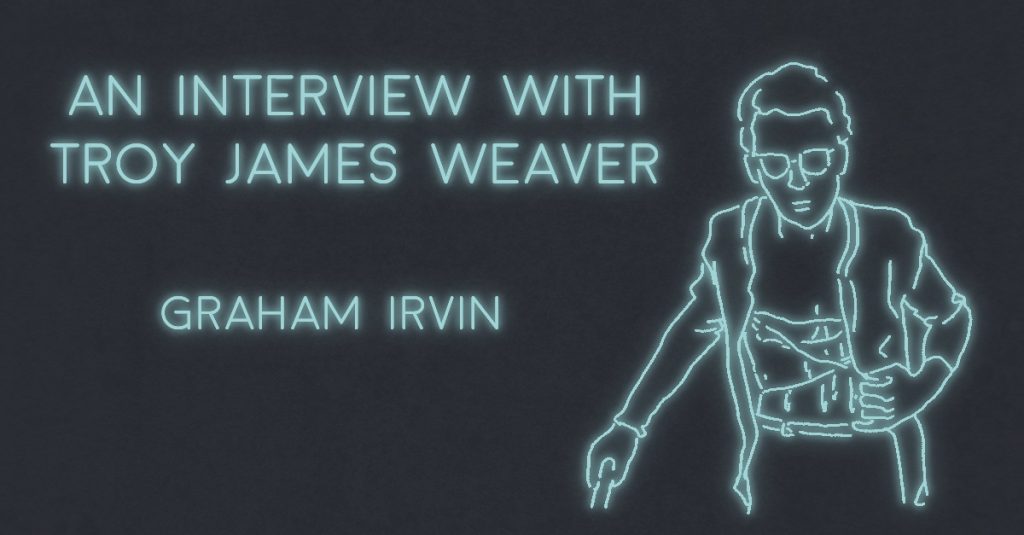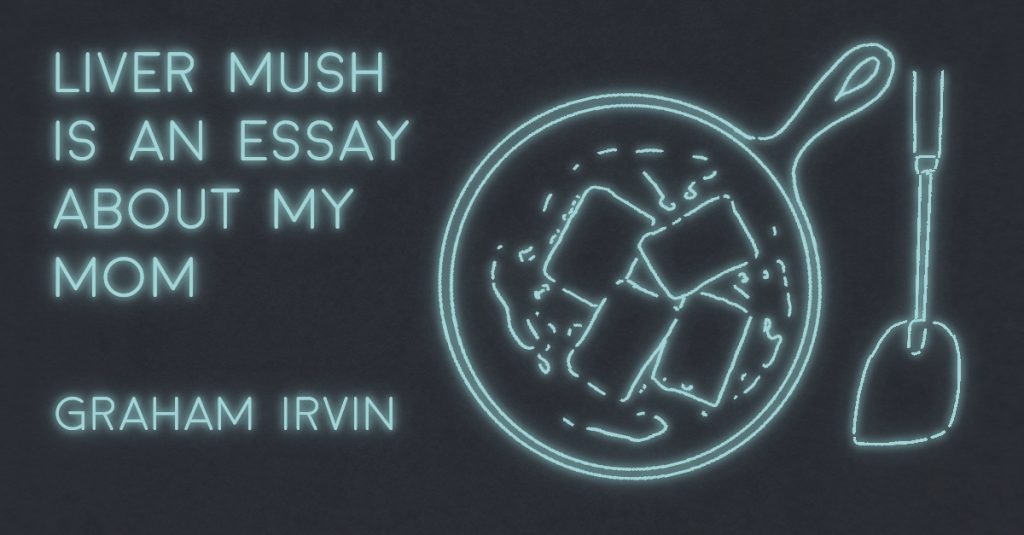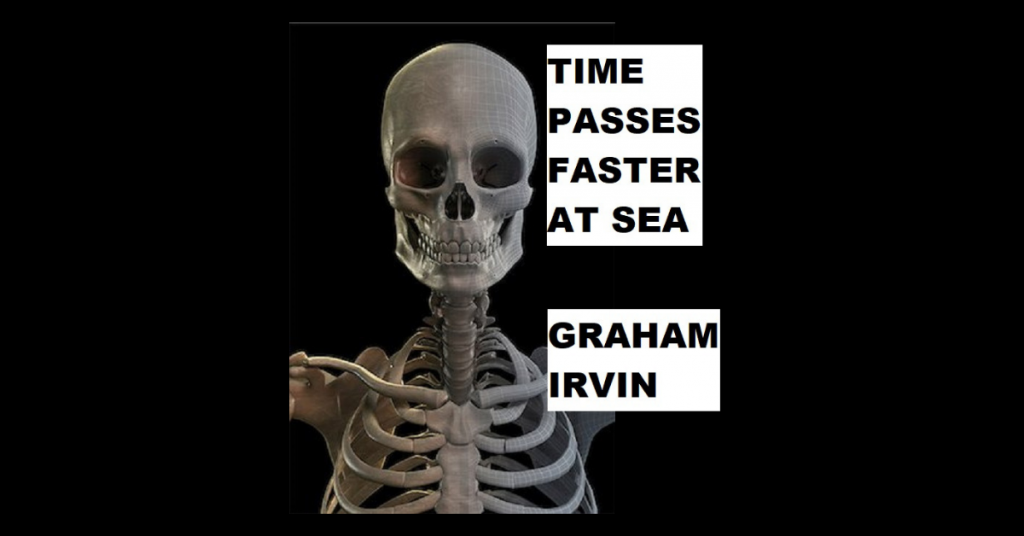
TROY JAMES WEAVER DOES A LITTLE CHATTING WITH GRAHAM IRVIN
Troy James Weaver is the author of Wichita Stories, Visions, Marigold, Temporal, and Selected Stories. His work often centers around young and vulnerable characters from rural areas struggling to fit into the world. He writes with an unparalleled rawness in quick, powerful bursts. A Troy James Weaver novel is quick and slim, but will change the way you think about writing and people both. In a blurb for Temporal, Scott McClanahan wrote, “[Troy] is our Witold Gombrowicz.” For Marigold, Michael Bible wrote, “[he] is the poet-laureate of Midwestern absurdity with a heart a mile wide.” Dennis Cooper wrote, as a blurb for Selected Stories, Troy’s collection out with…


